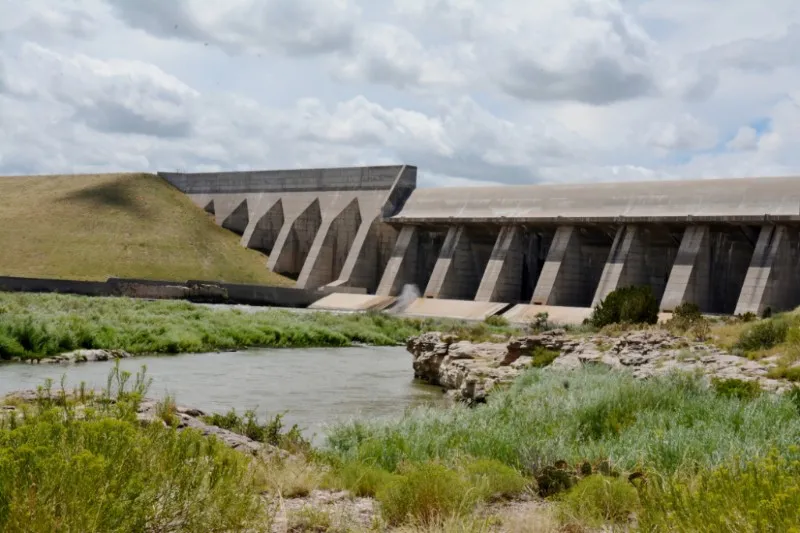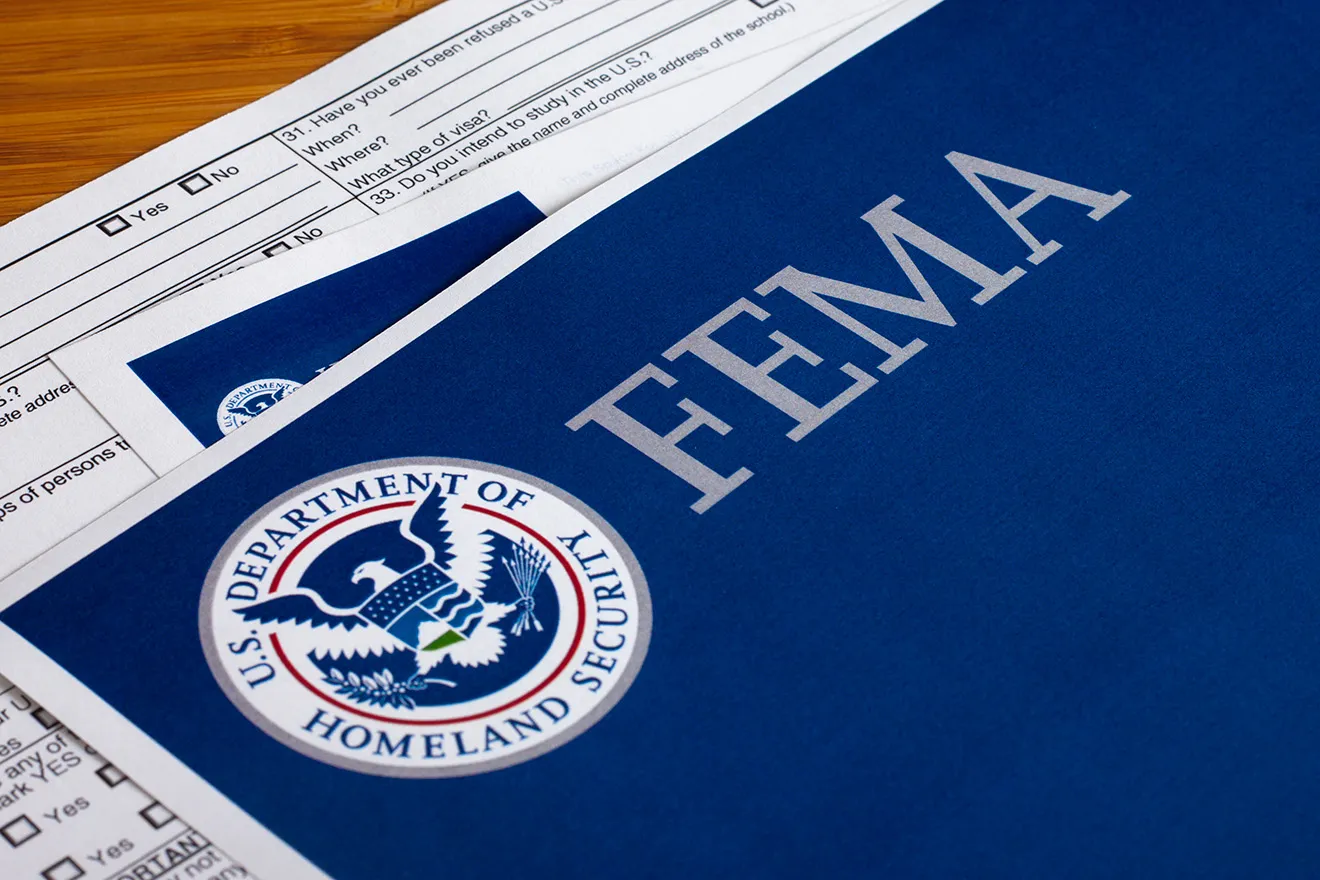
Daily Audio Newscast - September 4, 2024
News from around the nation.
Ways cited to increase voter engagement, turnout in Tennessee ahead of November 5; In a first, Phoenix hits 100 straight days of 100-degree heat; Climate activists along Texas coast want LNG ban; Coaching beyond the game for student growth in Ohio and elsewhere.
Transcript
The Public News Service Daily Newscast, September the 4th, 2024.
I'm Mike Clifford.
As the general election nears, a Think Tennessee study finds that the volunteer state trails most neighboring states on both voter registration and turnout rates.
We get the details from our Daniel Smith.
In November 2022, Tennessee ranked 42nd in voter registration and 51st in turnout.
Dawn Sluckabair with Think Tennessee says the study identifies opportunities to increase civic engagement in urban and rural communities using voter registration data from the Secretary of State and average voter turnout rates from each county's last three presidential election cycles. 80 percent of Tennessee's counties have a registration rate of 80 percent or higher.
The nationwide voter registration rate in 2022 was 84.42 percent.
So just under half of Tennessee counties, about 49.5 percent, have a rate at that level or higher using this data.
Sluckabair says the counties with the lowest rates and registration are mostly rural, particularly in west and upper east Tennessee.
As of 2023, there were an estimated 156,000 unregistered residents in Davidson, Shelby, Knox, and Hamilton counties.
Tennesseans must register to vote by October 7th to participate in the November 5th election.
Sluckabair says the state offers several options for citizens to register, such as opportunities at college campuses and voter drives at local events, festivals, and high schools.
Next from the Washington Post, summers in Phoenix are notoriously hot, but after two punishing summers of record-breaking heat, the latest milestone may be the most ominous yet.
At 11 a.m. local time, temperatures in Phoenix hit 100 degrees for the 100th day in a row.
The longest previous 100-degree streak was 76 days in 1993.
Meantime, climate and environmental advocates along the Texas coast are celebrating after receiving favorable news from an insurance company that covers liquefied natural gas terminals.
Melanie Oldham with Better Brazoria Clean Air and Water says after a meeting with members of their frontline community, Chubb Insurance denied coverage for the expansion of one project, and they're hopeful the same will be true for Freeport LNG, which plans to expand.
They said keep track of all the operational problems of Freeport LNG, and we will keep looking at them, and we're hoping Chubb takes the lead and stops insuring these LNGs.
Freeport LNG is the second largest plant in the United States.
It was shut down for several months in 2022 following an explosion, which federal investigators say was caused by inadequate operating and testing procedures.
This is public news service.
It's called the Coach Beyond program, initiated by Ohio State University's Life Sports, and it is making waves by helping coaches address more than just the athletic performance of their players.
This week, an upcoming youth sports summit will highlight the importance of the program in fostering mental health and positive team environments.
Samantha Bates is director of Life Sports at Ohio State and emphasized how the initiative is equipping coaches with essential skills.
Coach Beyond has trained 20,000 coaches in the state of Ohio, first on mental health, then the second is really sport-based positive youth development.
So things like how to foster a positive team environment, how to develop yourself as a leader, working with coaches that they can use to help make sport a place for kids to kind of go beyond.
The program aims to reshape the role of coaches, encouraging them to take an active part in the emotional and psychological well-being of their players.
This holistic approach is particularly relevant in today's competitive sports environment where athletes often face intense pressure.
Farah Siddiqui reporting.
Next to New York where there's a group of indigenous women who are farming kelp to save shellfish.
The Shinnecock kelp farmers are several tribal women growing kelp to fight climate change's impacts on shellfish in Shinnecock Bay.
Studies show issues ranging from overfishing to declining water quality have reduced shellfish populations since the 1970s.
Shinnecock kelp farmer Danielle Hopson-Begun says the sugar kelp they're growing has numerous benefits.
Sugar kelp is the most friendly crop that in every part of its growing season.
It is sequestering nitrogen and carbon when it's growing.
It's an amazing soil amendment once we use it in gardening and growing.
Sugar kelp's reduction of carbon dioxide reduces ocean acidity and sequestering nitrogen prevents harmful algal blooms.
Because this plant can grow two feet per day, it can pull up to 20 times more carbon from the atmosphere than other crops.
I'm Edwin J. Vieira.
Finally, South Dakota's police training program included a new course this year, one specific to tribal communities.
A class of 20 graduated yesterday from the state's law enforcement academy and peer, including eight officers from three tribal nations.
Before now, tribal police officers typically traveled to New Mexico to receive both basic training and instruction specific to Native communities.
For the first time, the state training this year included a course on criminal justice in Indian country.
South Dakota Attorney General Marty Jackley says law enforcement in the state has always enjoyed strong relationships across jurisdictions.
So the key part of this training, it builds those already existing relationships and makes them stronger and it keeps our tribal officers closer to home.
The localized class came about through partnership with the Bureau of Indian Affairs and funding approved by Governor Kristi Noem, despite tensions this year between the governor and tribal leaders.
I'm Kathleen Shannon.
This is Mike Clifford for Public News Service.
Member and listener supported.
Hear us on radio stations big and small, your favorite podcast platform and find our trust indicators at publicnewsservice.org.

















